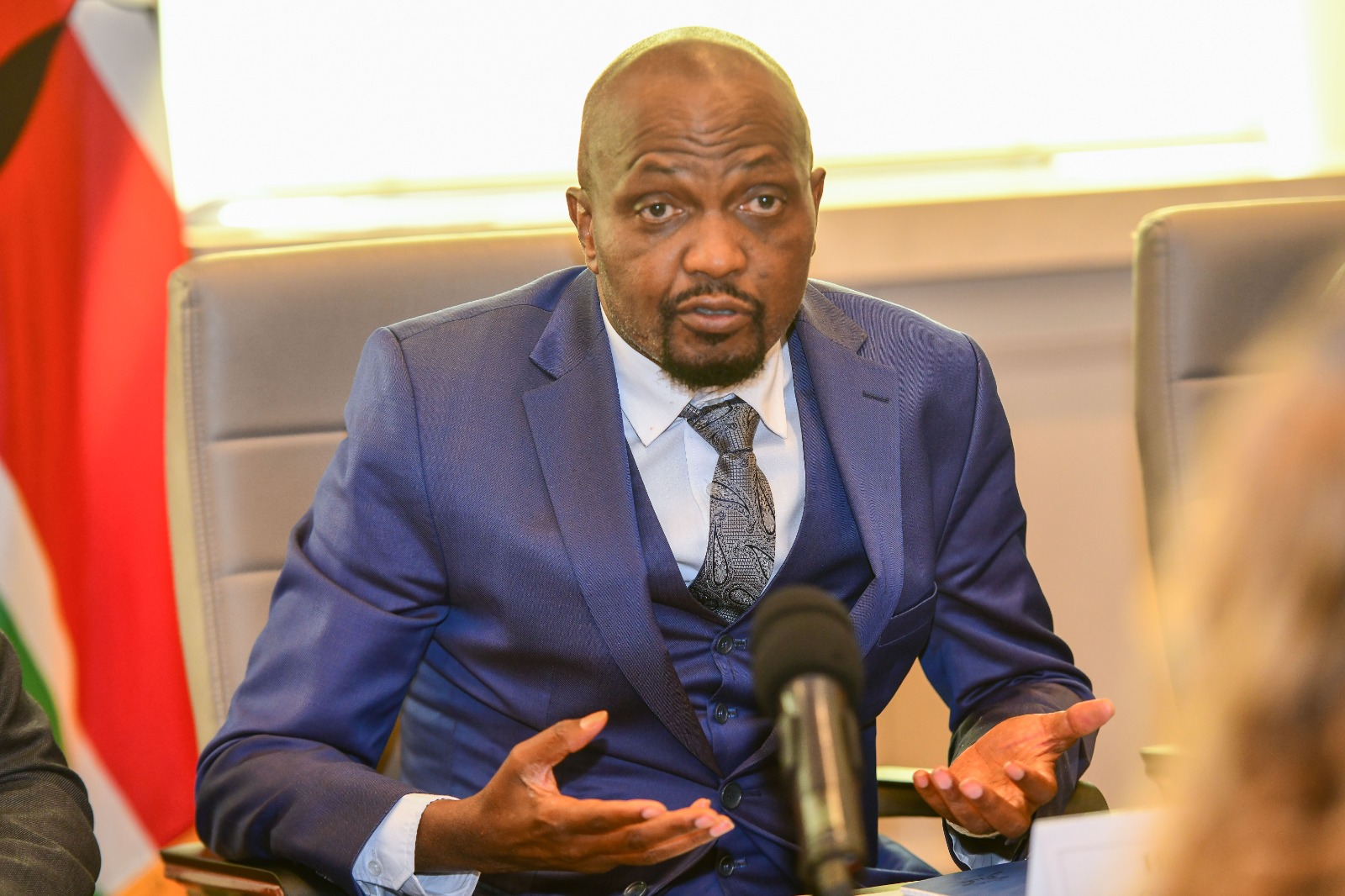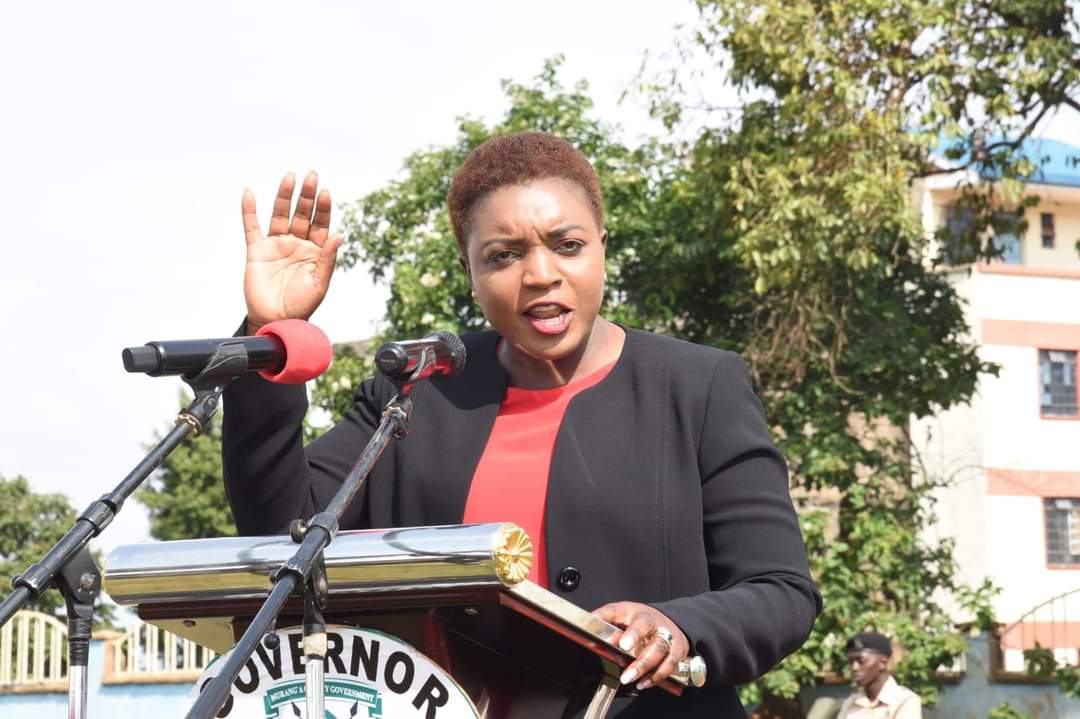Elections in Kenya are very expensive and devastating to candidates.
Someone advised that we should seek support especially trauma counseling, lifesaving, and recovery lessons for all election candidates and their close allies.
It’s tough and life-threatening though very important to participate in elections. It's life-wrecking, destabilizing, and too much a burden to those seeking leadership positions and roles in the country.
In addition to broken hearts, there is financial distress, social stigma, and disorganization that requires attention as an immediate post-election intervention.
As winners celebrate and losers mourn, the two groups require that intervention since it will take years to recover the resources spent on the exercise.
Read More
We need to change our politics since the investment is so huge, especially for people like the youth, people with disabilities, and women seeking leadership positions. Not surprising, even those seeking party nominations spend heavily.
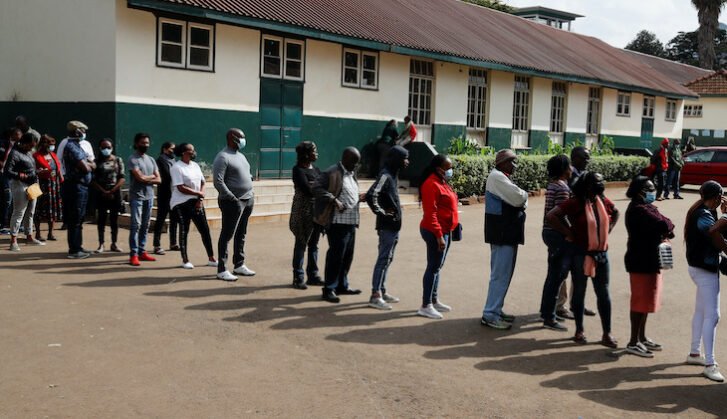
Remember the party primaries were so costly that some guys are yet to recover- I know a lot of hospital admissions following those party primaries.
Guys sold properties, took bank overdrafts, soft loans, and become regular customers to shylocks and fortune tellers, got all manner of prayers, and got recruited into traditional cults but still, they lost.
Away from the troubles in political parties and the cost of campaigns, we retain some traditional and cultural practices that make it very difficult to have women in leadership. More challenging is in relation to electoral seats.
Women attending a recent forum for enhancing women participation in politics organized by the Media Council of Kenya in Kakamega County narrated very horrifying stories of what they go through.
They start from the family, religion, culture, boardrooms, and political rallies, in their quest to get elected or even nominated.
Women candidates narrated how they must endure harassment, abuse, and ridicule from male colleagues who are even less qualified or educated.
Outside the laws providing protection against sexual harassment, two-thirds gender rule, Political Parties Act, the nature, and level of barriers to women face in their quest to seek positions to represent their electorates varies.
From rejection even in their own families, physical violence, online abuse, female aspirants are forced to comprehend with much baggage more than their male counterparts.
But for most of them, these come as a steppingstone rather than obstacles.
A study by Prof. Karuti Kanyinga and Tom Mboya on behalf of South Consulting Africa Limited entitled “The cost of politics in Kenya” gives a different scenario in the country.
The study established that in the 2017 General Election, senators spent Sh49 million, women representatives Sh32.2 million, Members of Parliament Sh21.2 million, and Member of County Assembly Sh4.2 million to win the election.
Those losing spent Sh20.3 million, Sh13.4 million, Sh14.9 million, and Sh2.1 million respectively.
This study established that the Senate seat is the most expensive of all the posts to contest for costing an average of Sh35.5 million (US$ 350,000) in the 2017 elections.
Contestants for the Woman Representative seats followed with an average expenditure of Sh22.8 million (US$ 228,000).
Members of parliament averaged Sh18.2 million (US$ 182,000), while the Member of County Assembly seat was the least expensive at Sh3.1 million (US$ 31,000).
These costs are predominantly raised from an individual’s personal savings or with the support of friends or family.
Less than 20 percent of survey respondents received financial support directly from their political party.
ADVERTISEMENT.
The survey found that, the more a candidate spends, the greater their chance of electoral victory.
Women Rep candidates who won the race spent almost three times as much as those who were unsuccessful.
Victorious Senators spent more than double than those who lost.
In the race for National Assembly seats, successful candidates spent 50 percent more than those who did not win.
In addition to the significant expenditure, the support of a dominant party enhances a candidate’s chances significantly.
On average, elected members of the National Assembly spend as much as Sh780,000 (US$ 7,800) a month: primarily on development projects for constituents and donations to local interest groups.
This is more than their basic monthly salary before allowances and benefits.
A similar trend of monthly expenditure matching or being greater than basic salary income was reported across all four positions studied.
Not interesting is that even as we talk about need for issue-based rather than personality-based politics, most of those who spend a lot of money seem to win than those focusing on manifestos.
In many of the political activities and rallies, people rarely listen to issues, but more on petty insults, jokes and most importantly, the cash they receive.
I could see immediately politicians arrive during the rallies, people automatically queue waiting to be paid rather than listen to speeches.
Mr Victor Bwire is the Head of Media Development and Strategy at the Media Council of Kenya
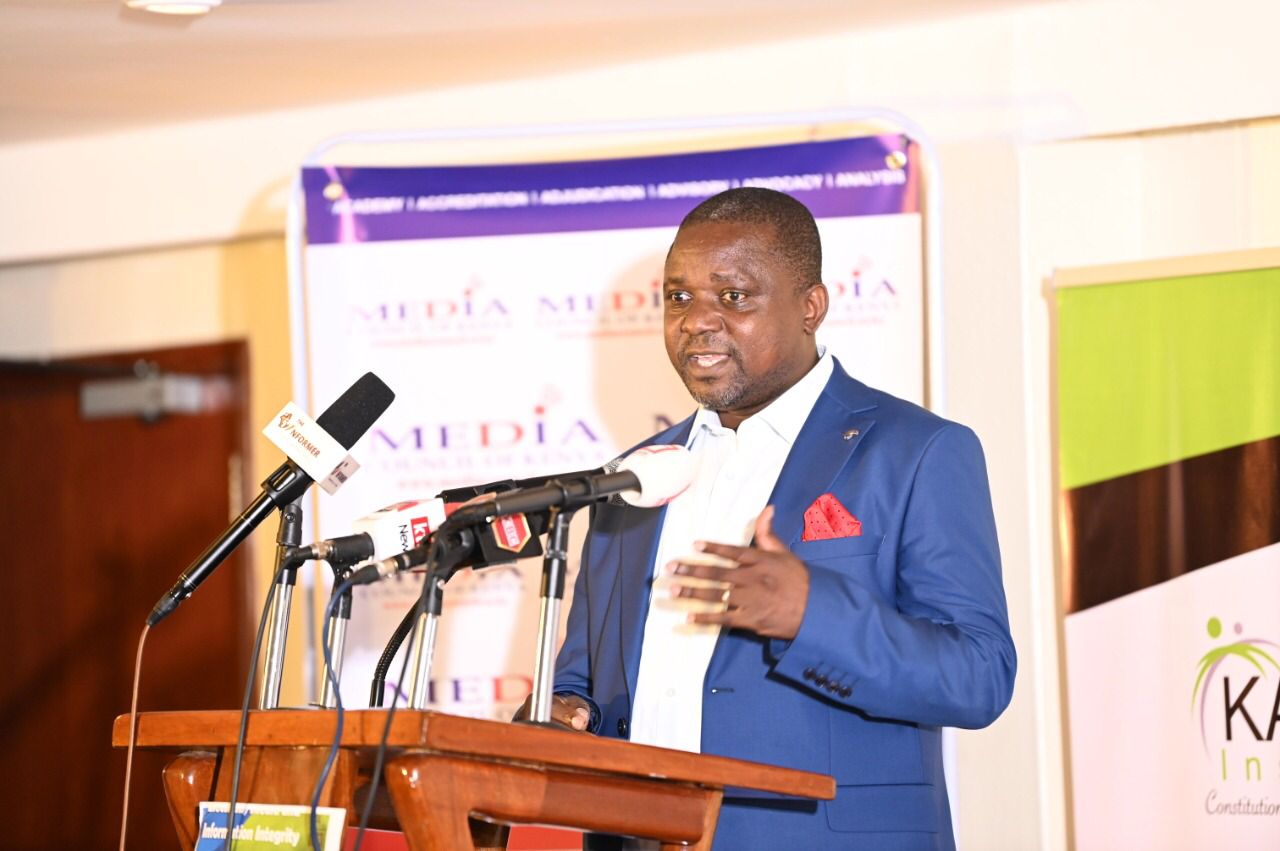
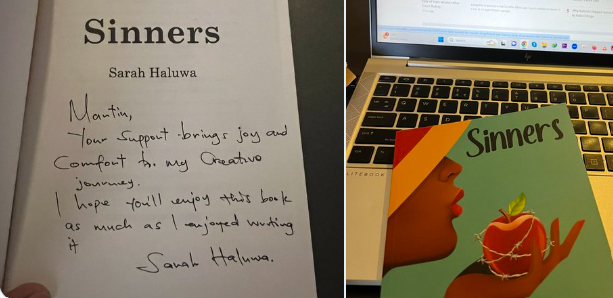

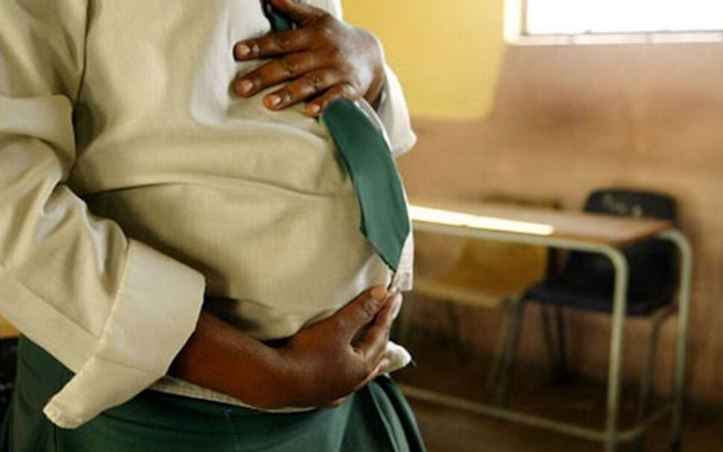

-1679468856.jpeg)
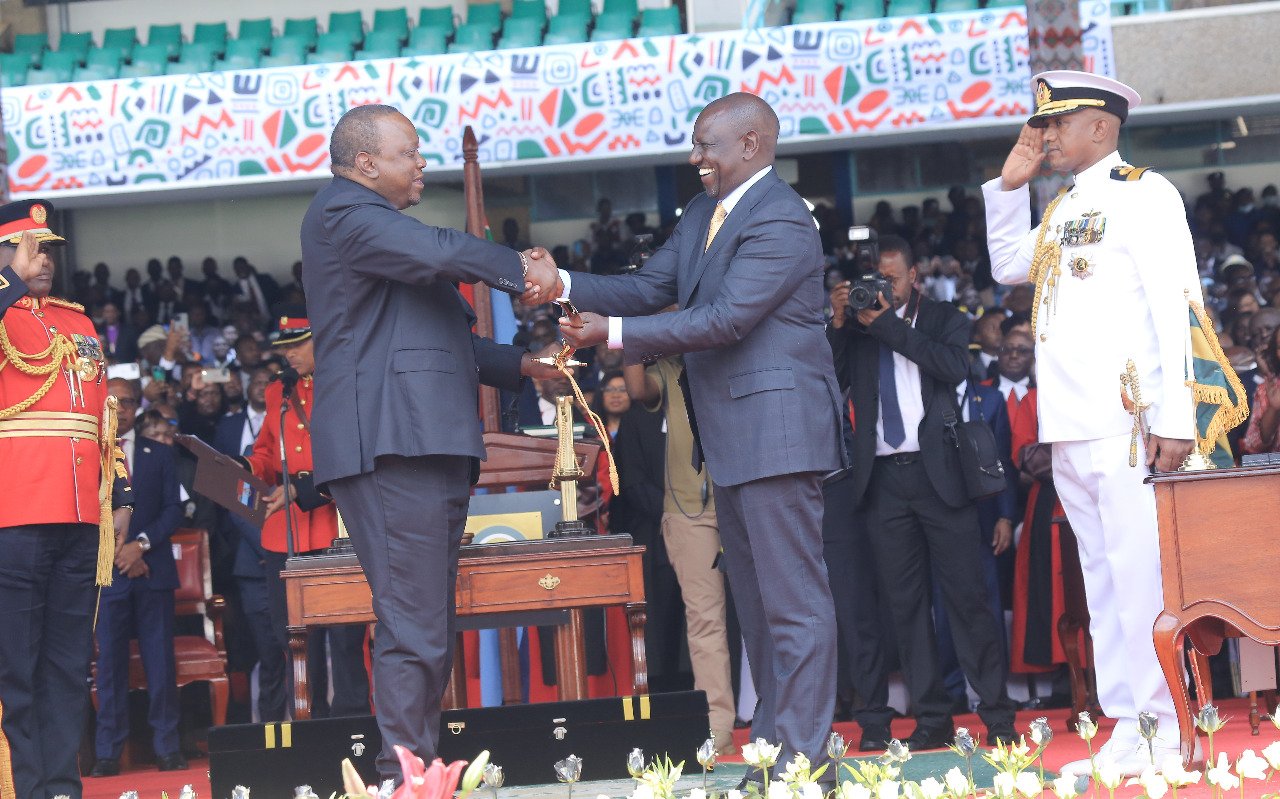
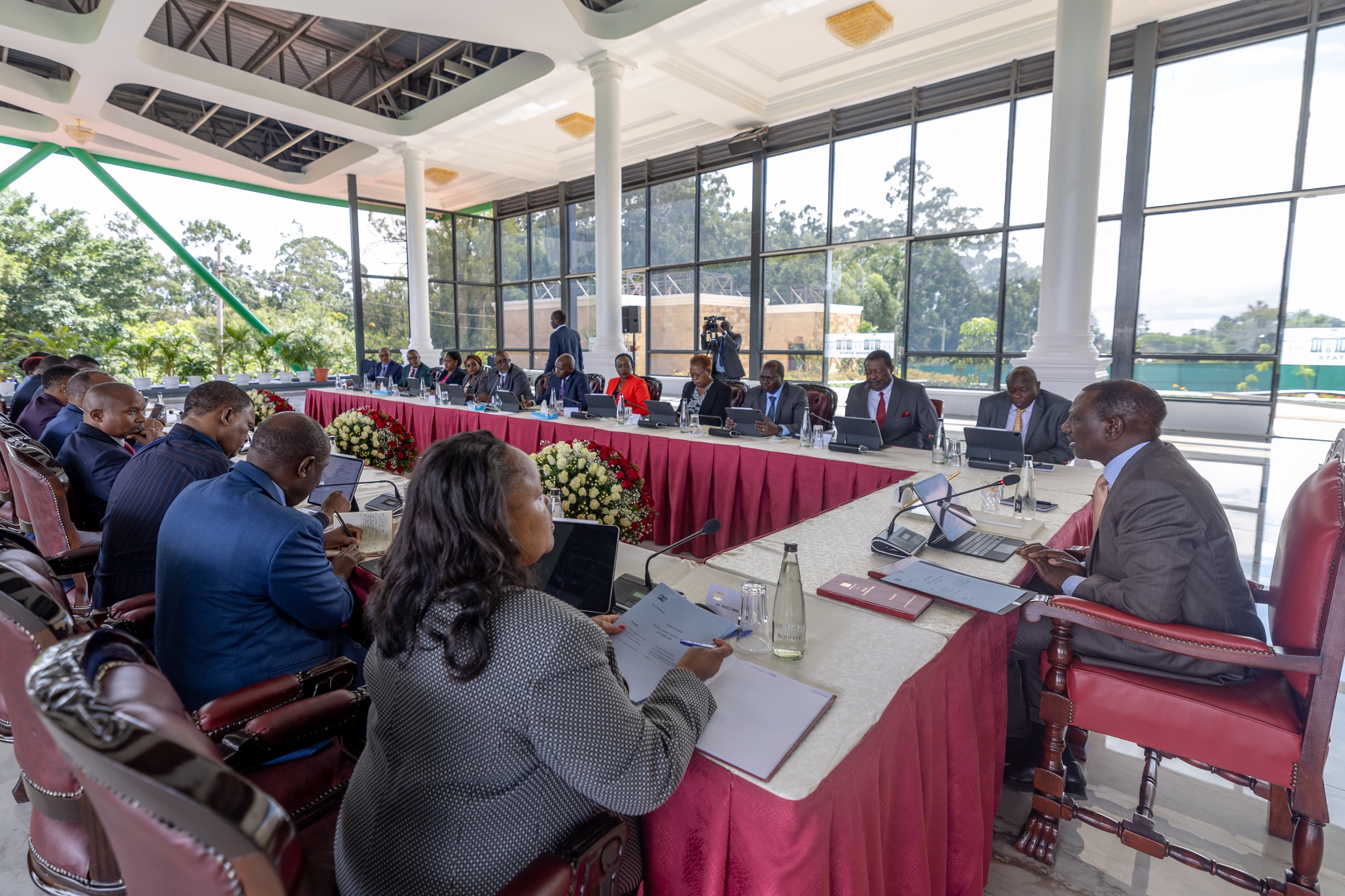
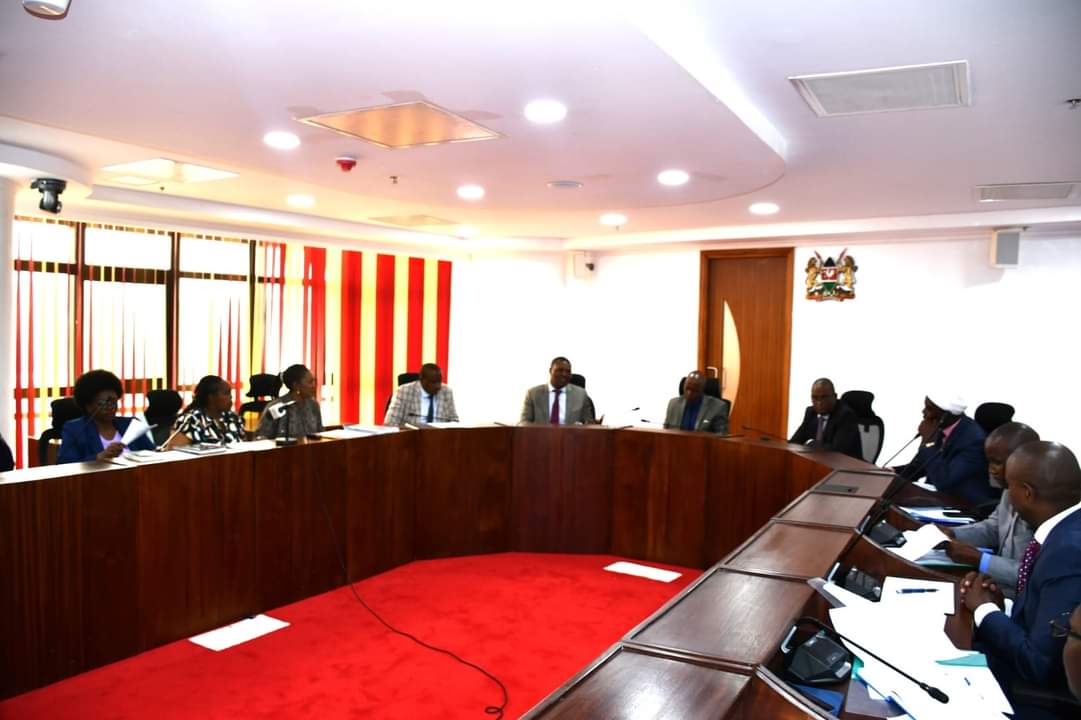
-1713880233.jpg)
